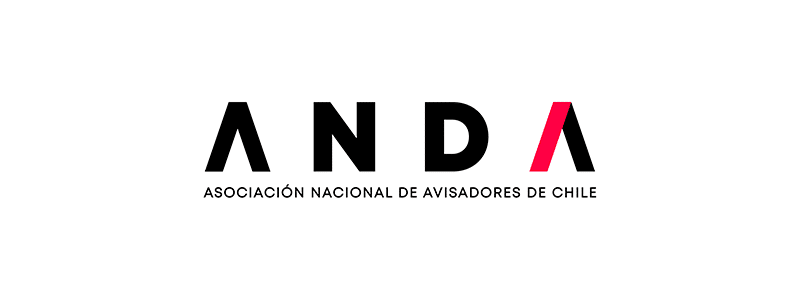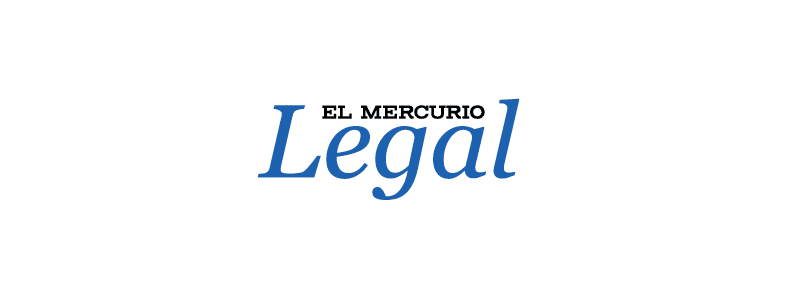We share the opinion column of our partner Eugenio Gormáz, who referred to the rights associated with content creators and their interaction with new technologies.
The imposition of a fine of 250 million euros on Google by the French Competition Authority sheds light on an increasingly relevant problem in the digital age: the balance between technological innovation and respect for the rights of users. content creators. This conflict, centered on accusations against Google of negotiating in a non-transparent manner and in good faith with the media, as well as the unauthorized use of content to train its artificial intelligence, Bard, highlights the complexity of the relationships between technology giants. and the media industry.
The situation is worsened by Google’s claim that the fine is “disproportionate” and its call for more clarity in the regulations governing remuneration for content. This defense highlights the difficulties inherent in the regulation of commercial practices in a space as dynamic and constantly changing as the Internet. Despite these challenges, Google has expressed its willingness to make adjustments requested by the regulatory authority, which could be interpreted as a step towards resolving this protracted conflict.
The case is neither unique nor limited to France, but reflects a global debate about the way in which digital platforms interact with content creators. The 2019 French legislation, which seeks to establish “conditions of balanced negotiation” between platforms and media, is part of a broader effort to adapt regulations to the realities of our time, attempting to protect the interests of creators in the vastness of the digital sphere.
This episode highlights the need for a regulatory framework that balances innovation and copyright, promoting an environment where quality content can be adequately compensated, while maintaining the freedom and openness that has characterized the internet. Although Google points out the challenges of clearly defining the rules of the game in such a fluid environment, it is crucial to find a balance that recognizes both the value of technology and human creativity.
The resolution of this case could set an important precedent for future negotiations between digital platforms and content creators. However, the conclusion reached should not simply seek a balance between the economic demands of the media and the operational practices of technology platforms. Rather, it should aim to redefine the norms of collaboration in the digital ecosystem, fostering an environment in which technological innovation and the production of quality content can coexist and enrich each other.
Thus, while Google’s willingness to accept changes suggests progress toward resolving this conflict, the real challenge lies in the ability of the parties involved to devise a system that not only resolves this specific case, but also establishes better principles. broad for the interaction between technology and content. This would not only benefit media and digital platforms, but would ultimately enrich the digital landscape for users by ensuring a constant flow of content, fueled by a fair and equitable relationship between those who create the content and those who distribute it. .
By Eugenio Gormáz, Lead Partner of the IP, Tech and Data Group of Albagli Zaliasnik (az)




